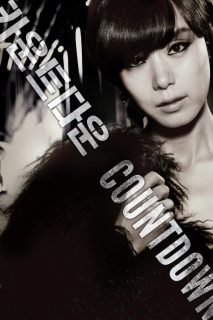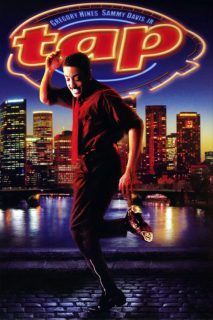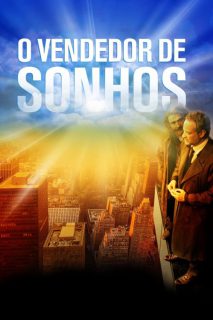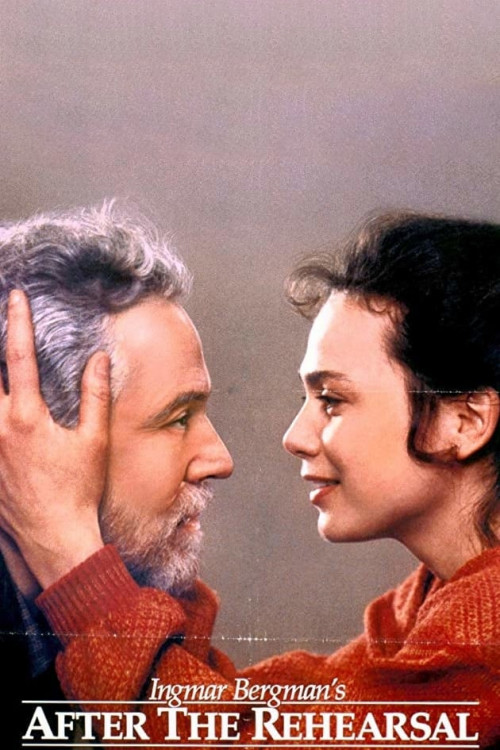
- Year: 1984
- Released: 09 Apr 1984
- Country: Sweden, West Germany
- Adwords: 2 nominations
- IMDb: https://www.imdb.com/title/tt0087193/
- Rotten Tomatoes: https://www.rottentomatoes.com/m/after_the_rehearsal
- Available in: 720p, 1080p,
- Language: Swedish
- MPA Rating: R
- Genre: Drama
- Runtime: 70 min
- Writer: Ingmar Bergman
- Director: Ingmar Bergman
- Cast: Erland Josephson, Ingrid Thulin, Lena Olin
- Keywords: memory, one location,
 | 7.1/10 |
 | 92% – Critics |
 | 81% – Audience |
After the Rehearsal Storyline
Rational, exacting, and self-controlled theater director, Henrik Vogler, often stays after rehearsal to think and plan. On this day, Anna comes back, ostensibly looking for a bracelet. She is the lead in his new production of Stindberg’s “A Dream Play.” She talks of her hatred for her mother, now dead, an alcoholic actress, who was Vogler’s star and lover. Vogler falls into a reverie, remembering a day Anna’s mother, Rakel, late in life, came after rehearsal to beg him to come to her apartment. He awakes and Anna reveals the reason she has returned: she jolts him into an emotional response, rare for him, and the feelings of a young woman and an older man play out.
After the Rehearsal Play trailer
After the Rehearsal Photos
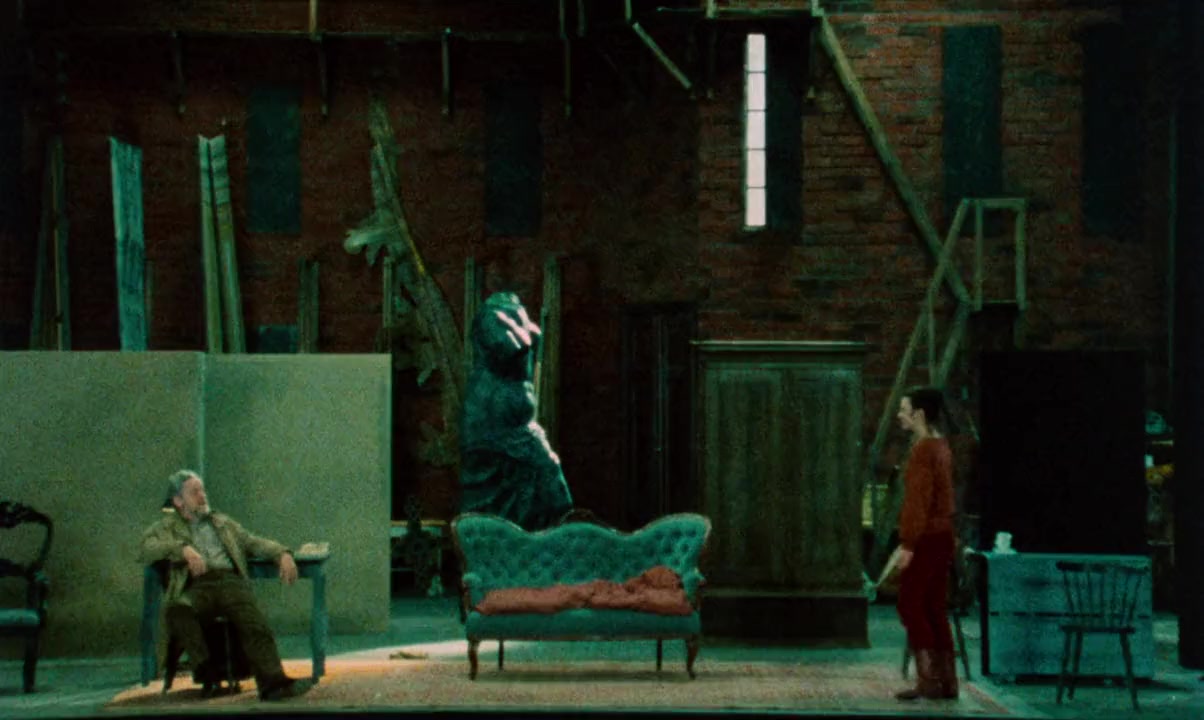
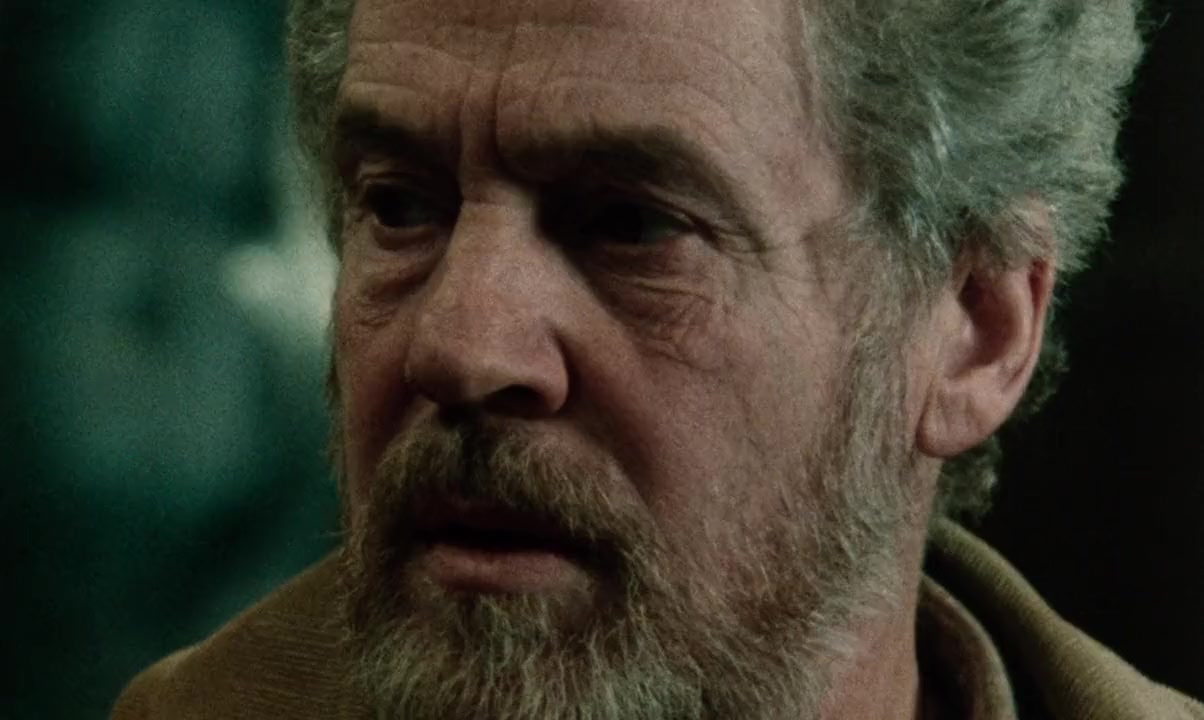
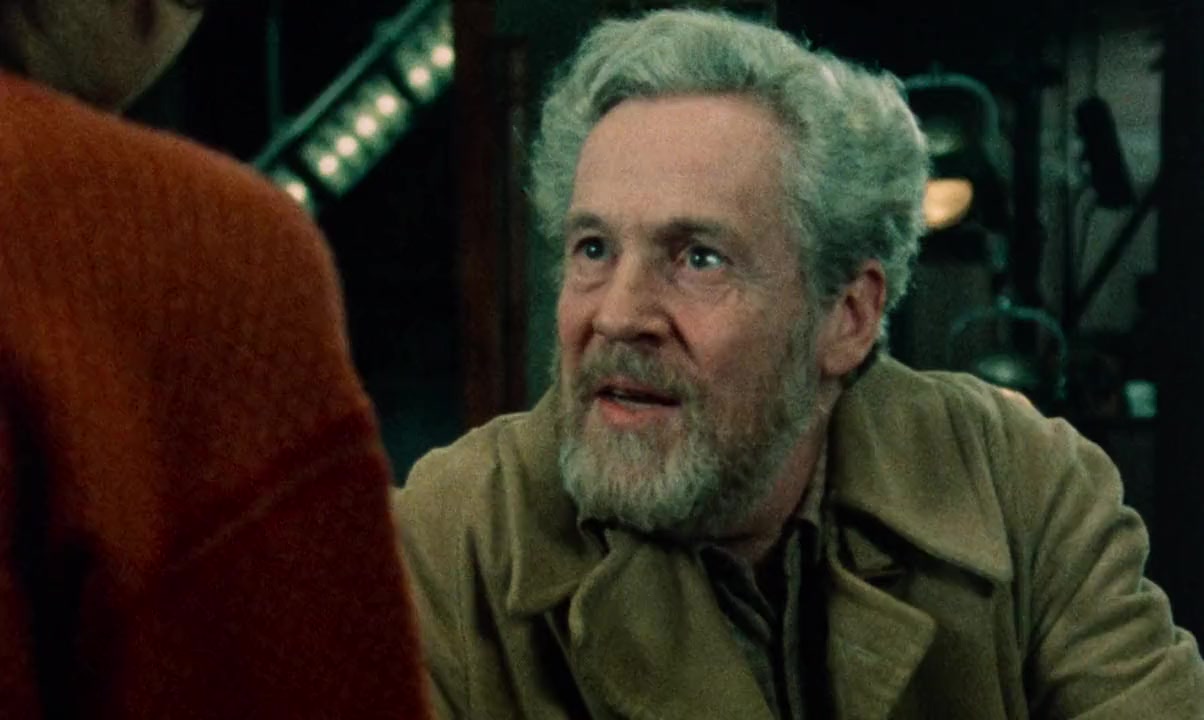
After the Rehearsal Torrents Download
| 720p | bluray | 608.03 MB | magnet:?xt=urn:btih:FFCCF4D2003A19890150BB93F95DFEE0187708FF | |
| 1080p | bluray | 1.16 GB | magnet:?xt=urn:btih:5E083147D5DF2F97BCED6192C37B59E57AE1EFED |
After the Rehearsal Subtitles Download
| English | subtitle After.the.Rehearsal.1984.720p.BluRay.x264. | |
| French | subtitle After.the.Rehearsal.1984.720p.BluRay.x264. | |
| Greek | subtitle After.the.Rehearsal.1984.720p.BluRay.x264. |
After the Rehearsal Movie Reviews
Intelligent, intellectual examination of theater and reality
A very theatrical piece (literally), made for Swedish television, this is essentially a 3 character play, all taking place on stage after a rehearsal of Strindberg’s ‘Dream Play’.
Erland Josephson – wonderful as always – is the most blatant stand in for Bergman himself in any of Bergman’s films. He plays an aging director examining his art, his career, and mostly how those interacted with his relationships, through dialogues with two actresses; a younger played by Lena Olin, and an older played by Ingrid Thulin. Thulin plays Olin’s now dead mother, who once played the same role the younger woman is now working on for the director.
What is fantasy, dream or reality stays intentionally muddy. A lot of the ideas here are interesting and complex, but it does stay (for me) very much a play of concept and intellectual philosophical exploration, without a lot emotion.
My favorite of Bergman’s works are those (Like Fanny and Alexander, Scenes From a Marriage, Cries and Whisper, Sarabande, etc.) that combine Bergman’s intellectual rigor with human emotion,
But ‘After the Rehearsal’ is still an admirable exploration of its themes, and I wouldn’t mind returning to it yet again. As is almost always the case with Bergman, reactions are very individual, and there are many who think this is one of his masterpieces.
Nice, small, and inventive.
Here’s an interesting little movie with a cast of three, set entirely on a stage, and that jumps backwards and forwards in time.
Henrik is a theater director spending some time alone on the stage after a rehearsal of A Dream Play by August Strindberg. He wants to collect himself before he returns to his domicile to take a nap prior to that night’s rehearsal. As he sits there, one of his actresses, Anna, arrives on stage with a thin story of looking for a bracelet. What follows is a long conversation between the two that swirls around topics as it operates as some kind of seduction, direction, and exploration of the other.
About a third of the way through, something happens that is quite jarring at first. Another woman shows up on stage. This is Rakel, Anna’s mother who has been dead for ten years. Anna sits on the couch watching the scene without moving or speaking, and we soon deduce that Henrik is playing out a conversation he had had with Rakel eleven years before, just prior to her death.
Rakel was a great actress in her day. She played the same role Anna is playing to great acclaim, but she had Anna and quit acting. At the time of the conversation, she’s living in a hospital and the small role she’s playing (the mother) is almost an act of pity on the part of Henrik. He used to love her, but she spurned his affections before. However, in this conversation, she throws herself at him, and Henrik cannot stand it. He eventually makes an empty promise to follow her to her room, but we get the impression that there’s going to be no encounter.
The conversation returns to Anna as Henrik takes up the exact same position he had been in when Rakel had walked on, implying that what we had seen was just a memory that had passed in a flash. In this final third of the film, souls are bared and dark revelations of Anna’s recent past come out. There are protestations of love and hate. It’s a swirl of emotions that’s surprisingly effective.
The movie ends when the camera suddenly cuts to a new view we haven’t seen before. The movie has almost entirely shot with cameras from the audience pit, but the final shot is to the stage from the side. We see a giant brick wall and the director and young actress small against it. The conversation even changes tenor becoming more professional in nature than emotional. Something’s drastically changed.
Early in the movie, Henrik talks about how he’s willing to do anything to work with actors (whom he loves) in order to help them reach their potential. He looks like he’s playing in their field, but he’s never really involved. So, at that final shot, those words came back to me, and I asked, “Was it all an act?” Were the high emotions and swings all about directing his actor?
It’s an interesting exploration of the relationship between directors and actors, something obviously intimately familiar to Bergman. Watching the movie, it became obvious how Bergman could strike up so many affairs with so many of his actresses, and, at the same time, how they could all fall apart in the end. Still, the movie is a little insular to acting specifically which limits its broad appeal. It’s a good little movie, a fascinating little footnote in Bergman’s career.
Bergman’s final masterpiece is also his most profound and introspective film
I’ve always said that I could never choose a favorite filmmaker, but that if I had to, it would be Ingmar Bergman, for certain. A bit of a contradiction, I admit, but there you have it. For me, he is the grandmaster of the cinema. I’ve seen exactly forty of his films, and “After the Rehearsal” may be the greatest of them all.
Of course, that depends very much on your tastes. We see here a very different Bergman from the one many viewers are accustomed to. There are, after all, two Ingmar Bergmans: First, we have Bergman the magician, the cinematic sorcerer who made films like “The Seventh Seal” and “Persona”. Secondly, we have Bergman the realist, emerging during the latter period of his career, with films like “Scenes From a Marriage” and “Autumn Sonata”. These films aren’t quite realism, of course — they’re still very formal — but they’re certainly very stripped-down and minimalistic by comparison.
“After the Rehearsal” is probably the most extreme example of this latter category of Bergman’s cinema. It is a minimalist exercise in what is essentially filmed theater. As a result, those looking for the kind of cinematic wizardry that Bergman displayed in so many of his films up through the ’60s (and which he revived for “Fanny and Alexander” in 1982) may be a bit disappointed by this film, strictly in aesthetic and stylistic terms. Nyqvist’s cinematography is absolutely masterful, as always, but it’s masterful in the same way it was in “Scenes From a Marriage” — unrelenting close-ups of the frail human condition, et cetera — versus the kind of technical and formal mastery he displayed in “Fanny and Alexander” or Tarkovsky’s “The Sacrifice”. This is a low-budget, theatrical production, so don’t expect a grand tour de force of Bergmanian cinema.
On the other hand, when it comes to content, that’s exactly what “After the Rehearsal” is. It offers the most insightful, profound exposition yet of Bergman’s identity, essence, and point of view as an artist, as a filmmaker (and as a theater director), and perhaps most notably, as a human being. Every line, every word, every expression, every intonation, every gesture is a revelation of the most meaningful variety, for those who are familiar with Bergman and his way of expressing ideas. Never before has Bergman condensed so much thought, so many ideas and themes, into one film (and quite a short one at that). This is a concentrated exercise in subtextual expression, and on that note, I have two caveats to issue to those considering watching this film.
First, as we know, most audiences today don’t like to be provoked toward thought, analysis, or self-reflection, so if you’re turned off by the idea of watching two people talk for seventy minutes straight, save yourself the effort and skip this one. “After the Rehearsal”, even more than normal for a Bergman film, requires the ability to think in thematic, subtextual, and metaphorical terms. Even for the most avid Bergman fans, and even by the strictest Bergman standards, this film requires patience and thorough analysis.
Secondly, I’m a firm believer in experiencing a filmmaker’s body of work chronologically. I know many viewers don’t share this compulsion, but I must stress that it is crucial for this film. “After the Rehearsal” is a deep and painstaking reflection on everything Bergman has ever done and everything he has ever been during the course of his long and illustrious career. If you haven’t seen the vast majority of Bergman’s previous work, this film will be impossible to fully appreciate.
Virtually all of Bergman’s recurring themes are present in “After the Rehearsal”, such as the idea of human beings as actors in this often shoddy, second-rate production that we call life. Bergman’s characters engage in emotional dialogue or intensive introspection, and then, hearing the words come out of their mouths, they experience shame and mortification as a result of what they perceive to be their own playacting and histrionics, and so they subsequently backpedal over their previous statements with a tone of fatigue and despair. It’s not just Bergman’s characters, however, that exhibit this behavior. Bergman himself does it, from film to film. The first time we saw it was in “Prison” (1949), his sixth film, when he criticized himself in a moment of self-reference that cited a scene from “It Rains on Our Love” (I believe). Since then, and especially in his later work, it’s been a constant for Bergman, although much more subtle and less explicit than it was in “Prison”. In a way, it provides a metaphor for what Bergman does with “After the Rehearsal”.
“Fanny and Alexander” is considered Bergman’s swan song, and I suppose it is. He officially retired from cinema afterwards, and everything he directed since then, with the exception of “The Making of Fanny and Alexander”, was a television film, including “After the Rehearsal”, in which Bergman makes one last attempt to clarify himself, to backpedal on a career of directing films and plays, and to explain what it all meant, and what he has become in light of it.
“After the Rehearsal” is a highly self-reflexive, metatextual meditation on what it means to be a director. The power, the manipulation, the messy emotions and relationships with actors who often confuse the role they play in a film (or play) with the role they play in life. The two roles begin to converge, and at the helm of it all, there is Bergman, a man who is slowly but surely distancing himself from the world around him. The world of cinema. The world of theater. The world of life.
Ultimately, that’s what “After the Rehearsal” is about. It’s Bergman’s explanation and exploration of the reasons why he has chosen to distance himself from the world of filmmaking, and it’s brilliant for every moment of its 72 minutes.
RATING: 9.67 out of 10 stars
